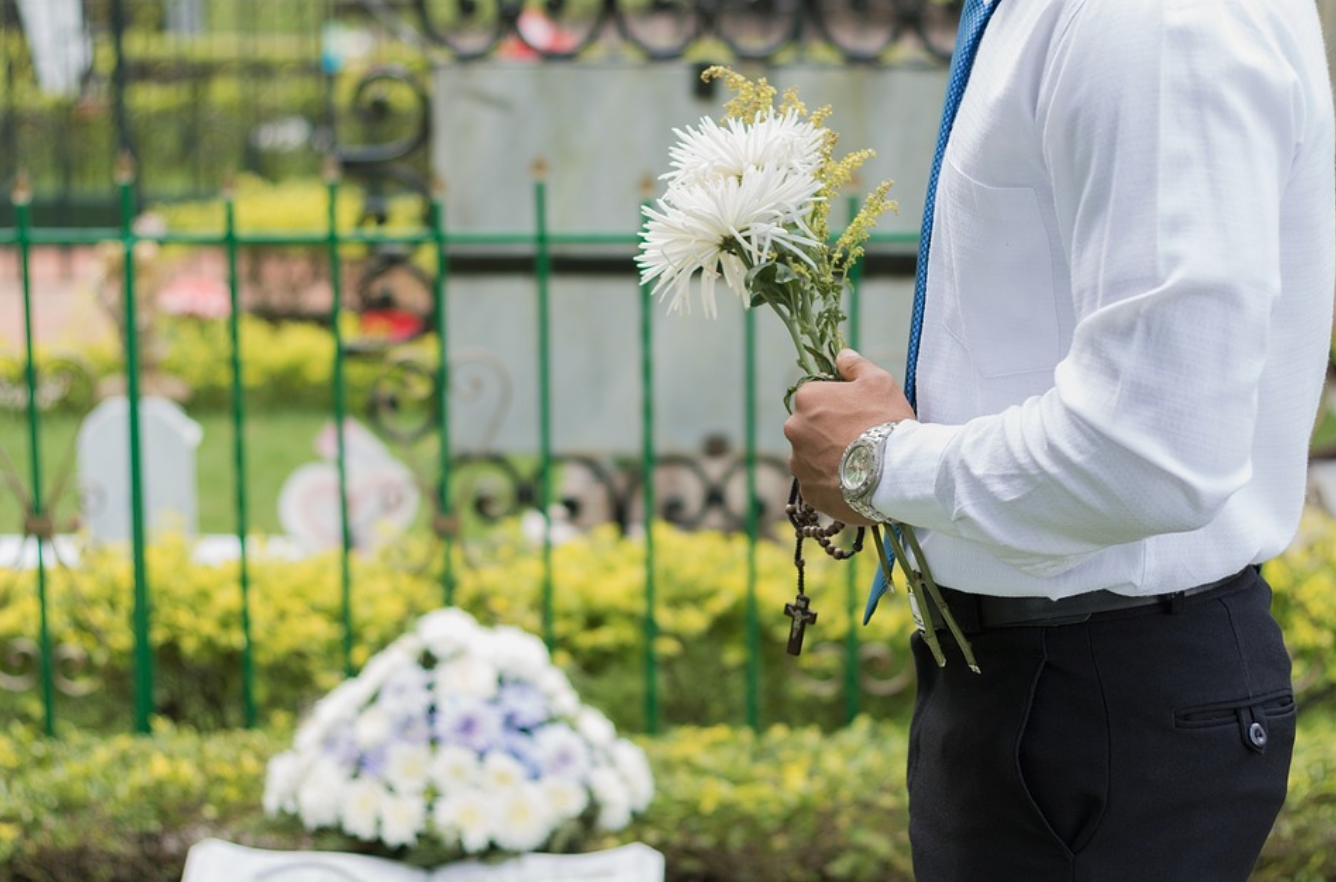Understanding who qualifies to file, how the legal system treats these claims, and the importance of timely action empowers grieving families to make informed choices.
It is heartbreaking to lose a loved one as a result of the carelessness or deliberate action of another person. Although no court case can make the emotional suffering go away, Colorado law permits some family members to file a wrongful death lawsuit to obtain monetary compensation. Making educated decisions during a difficult time can be facilitated for families by knowing who is legally permitted to file, how the process works, and what to anticipate from the legal system.
Working with a wrongful death attorney in Denver is essential to build a strong case and navigate Colorado’s specific rules. Legal representation ensures all procedural requirements are met, preserves crucial evidence, and helps secure the compensation survivors deserve under the law. Below, we explore who can legally file a wrongful death lawsuit in Denver, the timeline, and how the process typically proceeds.
Eligibility to File: Legal Standing in Colorado Wrongful Death Claims
The amount of time that has elapsed since the decedent’s death determines who is eligible to file a wrongful death case in Colorado. During the first year, the surviving spouse is the only person with the right to file. However, they can also decide in writing to permit a designated beneficiary or the deceased person’s children to file. In the second year, spouses and surviving children are equally entitled to file the lawsuit. The parents may sue if the deceased has no spouse or children.
This tiered approach to legal standing is unique to Colorado and emphasizes the rights of the closest family members. Extended relatives or unrelated parties generally lack standing, even if they were financially dependent on the deceased. Sometimes, a personal estate representative may bring a related survival action for damages the deceased could have claimed if they had lived.
Understanding the Purpose and Scope of Wrongful Death Lawsuits
A wrongful death lawsuit is not a criminal proceeding—it is a civil claim brought against the person or entity responsible for causing the death. This includes car accidents caused by reckless drivers, medical negligence, workplace incidents, or even intentional acts like assault. The core aim of the lawsuit is to provide financial relief for economic and non-economic losses suffered by surviving family members.
Recoverable damages may include:
- Loss of financial support that the deceased would have provided
- Funeral and burial expenses
- Loss of companionship and emotional support
- Grief and emotional distress (non-economic damages)
Colorado law may provide punitive damages if the defendant’s actions were particularly heinous in punishing wrongdoing and discouraging such behavior in the future.
The Legal Process: How a Wrongful Death Case Proceeds in Denver
ChatGPT said:
Once the eligible party decides to proceed, a Denver wrongful death attorney begins gathering evidence, such as medical records, accident reports, and expert opinions, to prove liability and assess damages.
The legal process starts with filing a civil complaint outlining the relationship to the deceased, the basis of the claim, the defendant’s alleged actions, and the damages sought. After the case is filed and served, the defendant may respond, and both sides enter discovery, exchanging information and collecting evidence.
During discovery, attorneys may conduct depositions, request documents, and consult experts. Negotiations often occur at this stage, and many cases settle before trial if the plaintiff’s evidence is strong.
If no settlement is reached, the case goes to trial, where a judge or jury decides liability and damages. While a trial can be challenging, it may be necessary to achieve full accountability.
Colorado’s Statute of Limitations and Its Impact on Filing
Colorado imposes a strict two-year statute of limitations on wrongful death claims. This means the lawsuit must be filed within two years of the decedent’s date of death. Failing to file within that window generally bars the claim, regardless of its merits.
There are narrow exceptions, such as when the death results from a hit-and-run or a workplace accident involving third-party liability. However, these exceptions rarely extend the deadline by much. Immediate consultation with legal counsel ensures necessary rights don’t lapse and evidence remains intact.
Comparative Fault and How It Affects Damages in Colorado
Colorado follows a modified comparative fault rule. If the deceased was partially responsible for the event that caused their death, the damages awarded may be reduced proportionally. For example, if a jury finds the decedent 20% at fault in a fatal accident, the total damages awarded to the family would be lowered by that percentage.
However, the family cannot recover damages if the deceased was found to be 50% or more at fault. This legal doctrine makes establishing a straightforward, evidence-based narrative around the incident’s cause essential. Thorough investigation and legal strategy are crucial in overcoming allegations of partial fault.
What Surviving Families Should Consider Before Filing
Before initiating a claim, surviving family members should carefully evaluate the emotional, financial, and legal considerations involved. Filing a lawsuit can bring a sense of justice, but may also require re-engaging with painful memories.

It’s also important to recognize that insurance companies and defense attorneys may attempt to minimize payouts or shift blame. Legal representation ensures that the family’s rights are protected and the actual value of their loss is presented in court or during negotiations.
Legal Clarity and Empowerment for Families Seeking Accountability
Wrongful death lawsuits in Denver serve as a pathway to financial recovery and a public acknowledgment of wrongdoing. While no verdict or settlement can reverse the harm done, holding negligent parties accountable can bring a sense of closure and stability to those left behind.
Understanding who qualifies to file, how the legal system treats these claims, and the importance of timely action empowers grieving families to make informed choices. With legal guidance, families can pursue justice in a way that honors their loved one’s legacy.


Join the conversation!